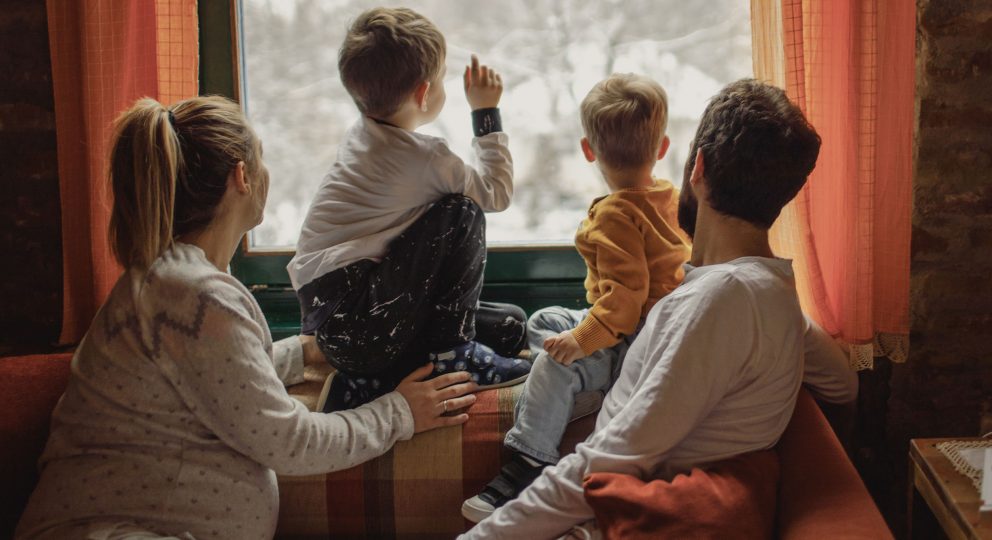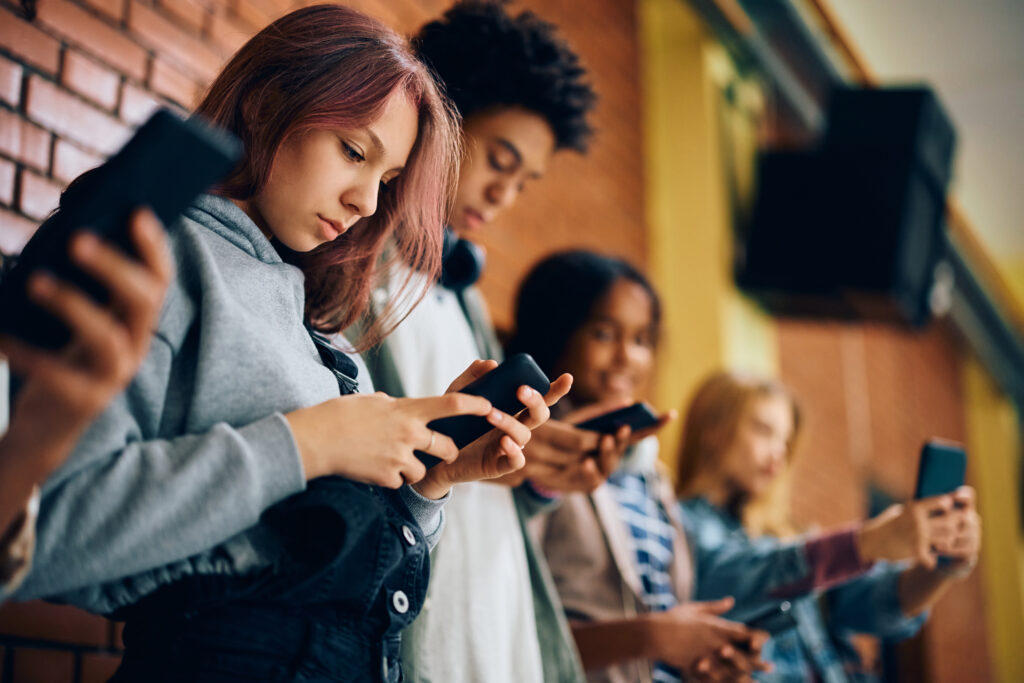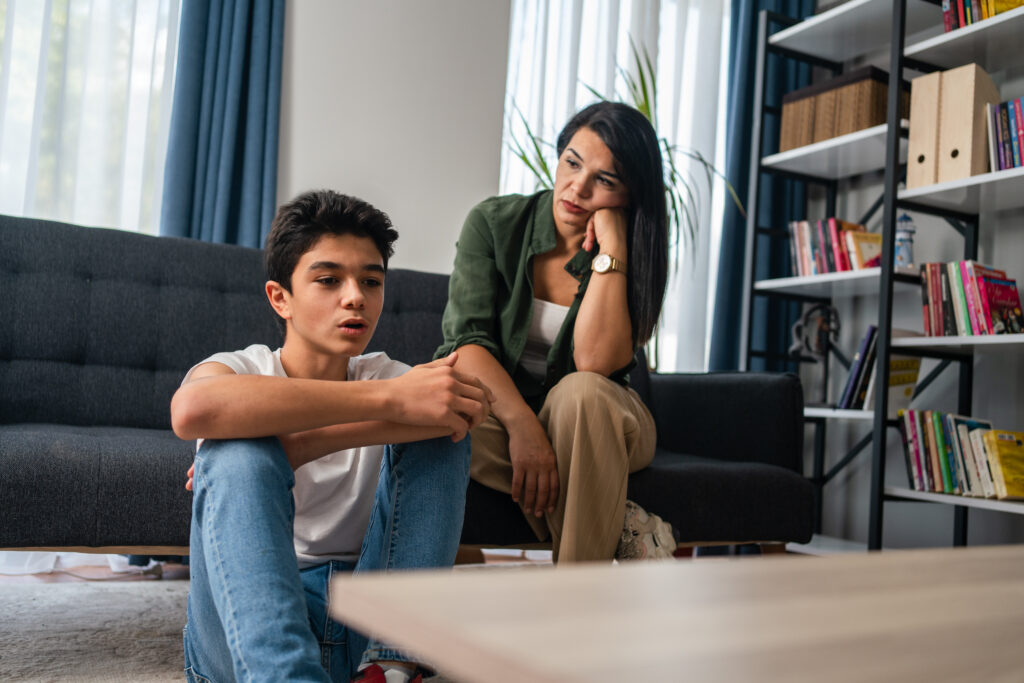No matter the age of the user, social media is transforming perceptions of reality. Even if you easily empathize with others in person, the digital experience can feel less compassionate. Also, anonymity can cover feelings of lack or inadequacy.
Dr. Julie Gottman says, “People sometimes use technology as a mask so that they don’t have to be looked at and don’t have to make eye contact with anyone else. They don’t have to feel the other person’s tension or convey their own. They don’t have to suppress it or deal with it in any way. So there is an addictive quality here, because this technology allows you to hide. It’s like alcohol. People who are feeling inhibited and afraid of real conversation might drink to disinhibit themselves. To be more honest, feel more connected. It becomes more and more stressful to have real face-to-face interaction.”
Online text such as comments on a blog or a tweet is void of nonverbal cues. when you can’t look into someone’s eyes, observe their body language, or hear the fluctuations in their tone of voice, you cannot intuit intention or vicariously experience their feelings. A sense of responsibility for one’s actions can vanish. Deep emotional attunement becomes effectively impossible. Thus, the user can reconstruct themselves.
You can edit idealized online personas that project confidence and omit human flaws. You can spend months developing a satisfying digital self, but there is little room in the midst of all of this perfection for authentic connection. In the wise words of author Jeremy Rifkin, “There is no empathy in utopia, because there is no suffering.”
This shift in reality is unhelpful for kids, both online and offline. It may deprive them of deep relationships with their peers in critical stages of development. After all, trying to connect with a friend over a subject you care about is risky in an environment characterized by disconnections and abrupt interruption. The continuous sense of distraction and urgency in the digital world can spill over into non-virtual reality. It leaves kids feeling isolated.
Online or offline, your children should treat others the way that they would like to be treated. Talk to your youngsters about their experiences, asking questions like these:
1. How do you feel when your friends don’t respond to your text messages?
2. How do you use technology to communicate with your friends?
3. Do you prefer to talk on the phone or text?
4. What do you think is the best way to communicate with me?
5. Do you ever feel vulnerable when using social media?
Read more from the blog series on The Digital Age.










